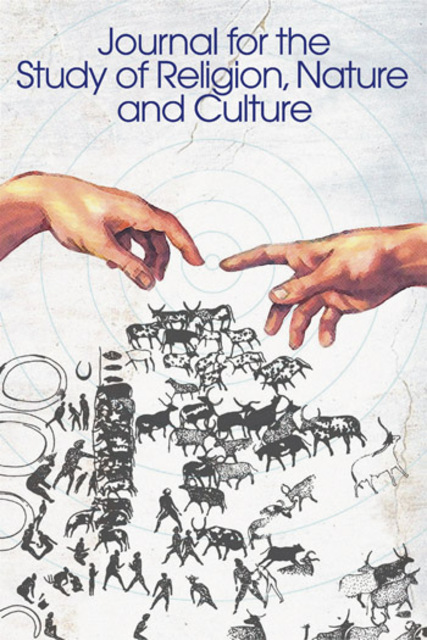Man the Hunter? Hunting, Ecology, and Gender in Judaism

Full description
This paper asks whether religious tradition can offer alternative models to ‘man the hunter,’ and what such models might imply for environmental sensibility. We examine these questions specifically in the context of Judaism. Biblical, Talmudic, and rabbinic texts are reviewed and are found to belie the common belief that Judaism forbids hunting. Hunting was permitted under some circumstances and biblical sources indicate its occurrence in patriarchal and monarchical times. However, it was strictly limited by religious law about permitted foods and treatment of animals. Judaism’s preferred food system for meat was the flock rather than the hunt. In marked distinction to the classical Greco-Roman model, in which hunting was the mark of the true man, Judaism’s ideal for manhood became the scholar. An environmental ethic of stewardship, a middle ground between hunting as a central cultural attribute and total abstinence from using animals, is implied even if not fully put into practice.
- typeImage
- created on
- file formatjpeg
- file size107 KB
- container titleEcotheology
- creatorPaul A. Kay; Bob Chodos
- issn1749-4915 (online)
- issue11.4
- publisherEquinox Publishing Ltd.
- publisher placeSheffield, United Kingdom
- rights holderEquinox Publishing Ltd.
- volume
- doi
We use cookies to analyze our traffic. Please decide if you are willing to accept cookies from our website. You can change this setting anytime in Privacy Settings.
